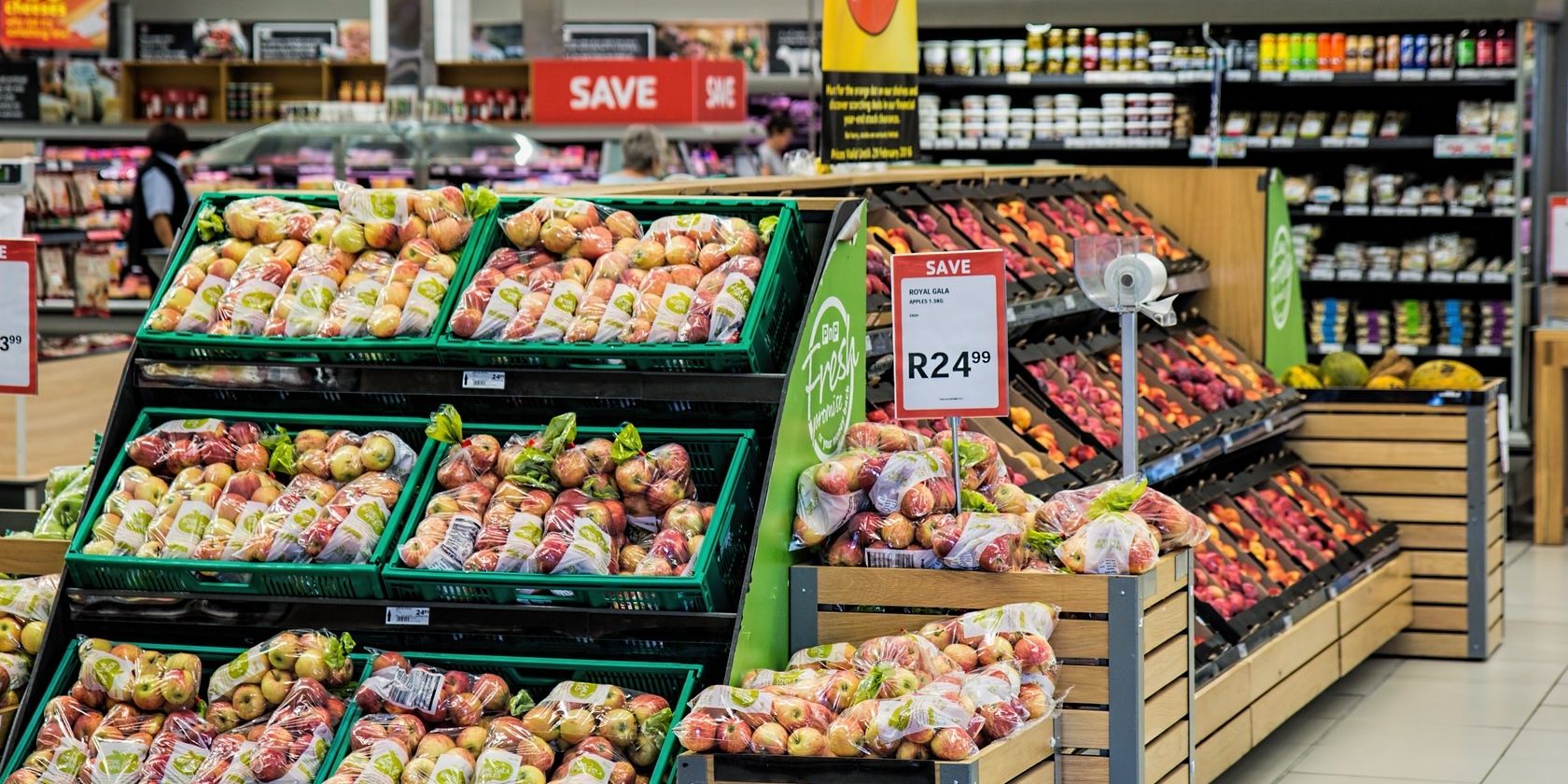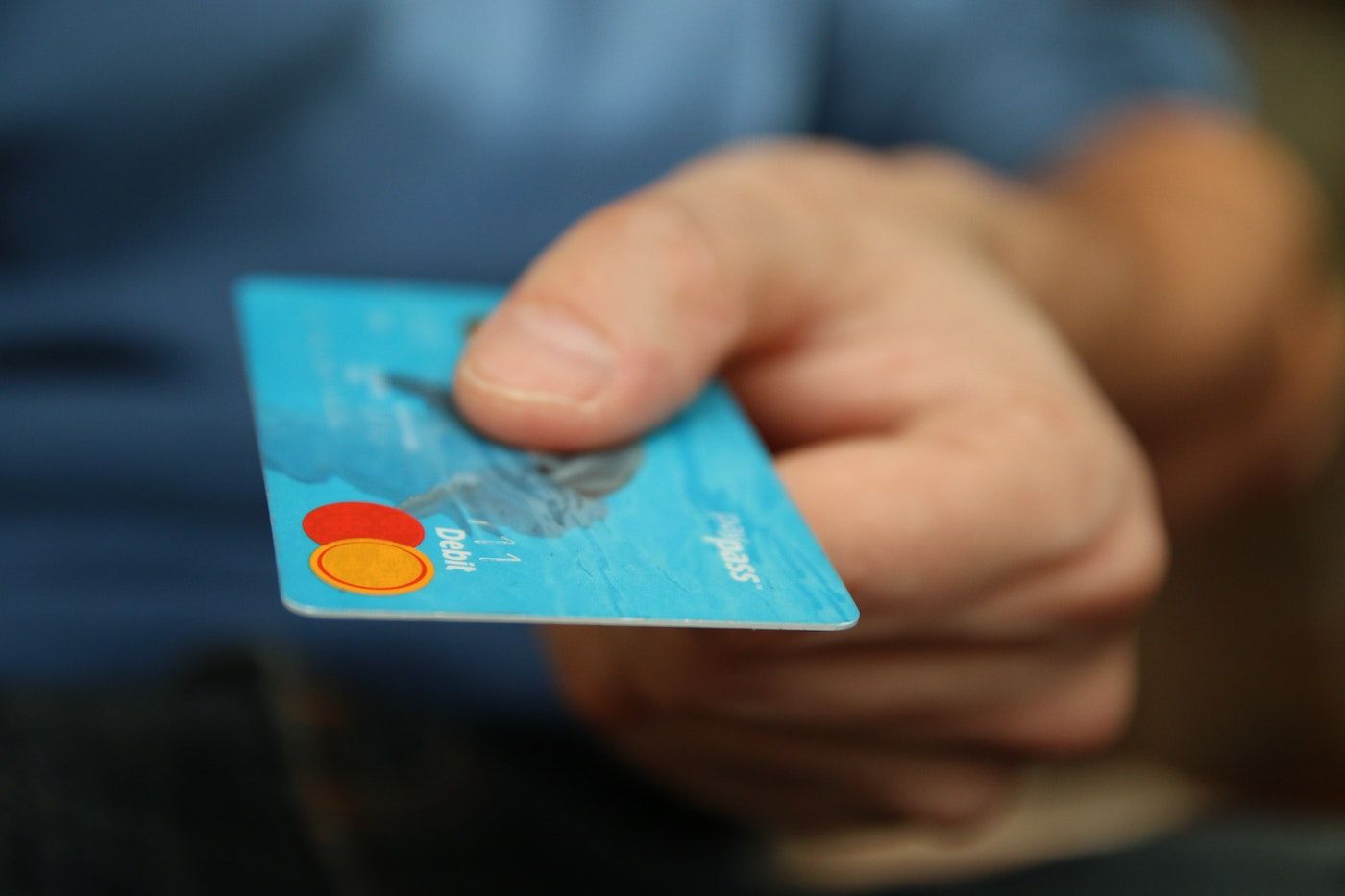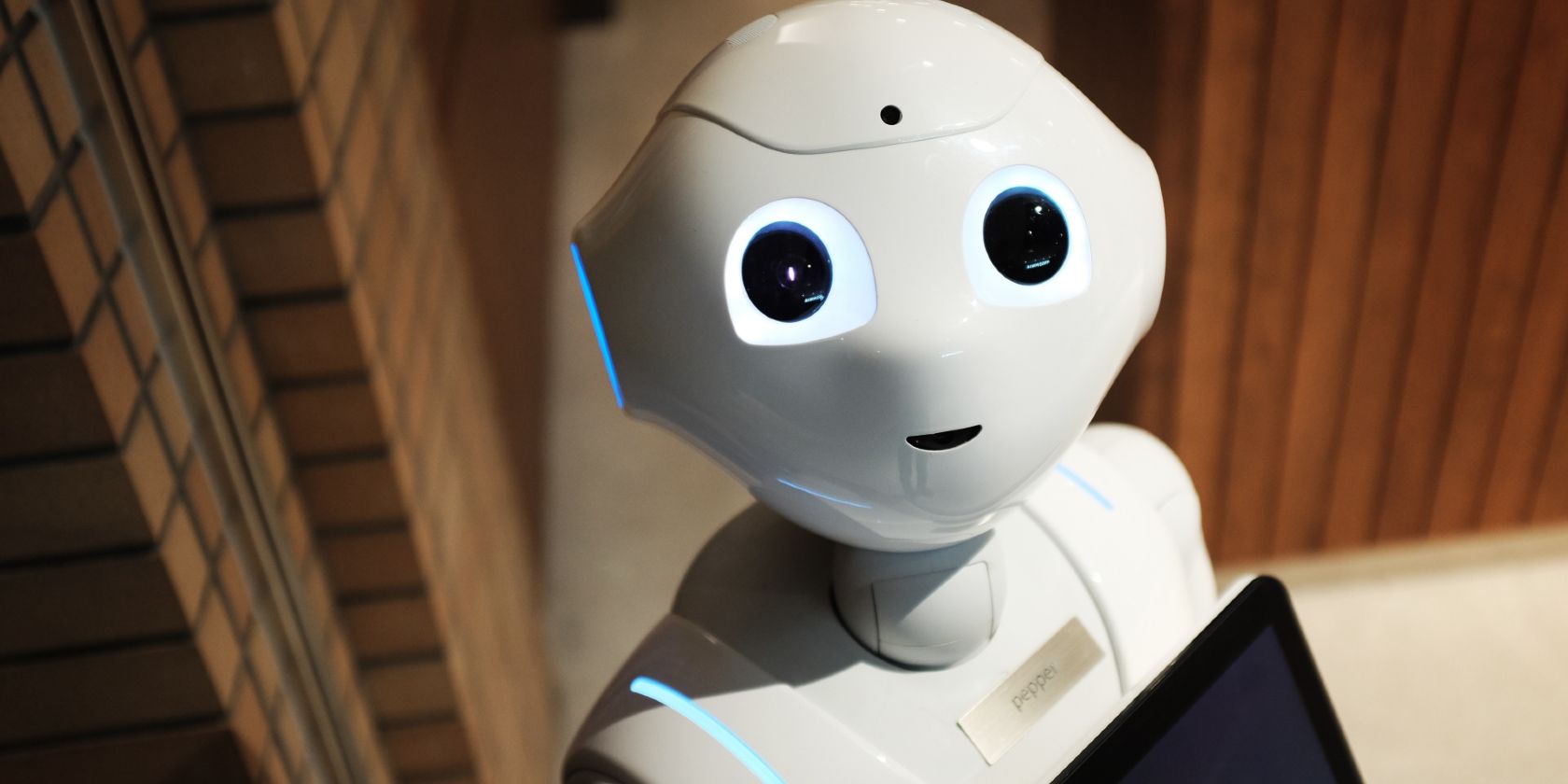Self-checkouts are increasingly common in supermarkets. They aren't particularly popular among consumers, but because they don't require a cashier, they are popular with businesses.
One of the reasons that people don't like self-checkout is the belief that humans are being replaced. While this is occasionally true, it's not necessarily as big of a problem as many people believe.
So are cashiers losing their jobs because of self-checkout, and what should consumers do about it?
Why Are Self-Checkouts Unpopular?
Self-checkouts have never been popular with consumers. While they are occasionally faster than traditional cashiers, they also have a range of disadvantages.
Self-checkout often doesn't work properly. Items aren't always added to a cart automatically, and not all functions are supported, such as the use of coupons. In either of these scenarios, a human is required for assistance. This not only defeats the purpose of self-checkout, but it also requires the consumer to wait for assistance that isn't always available.
People are aware that self-checkout is supposed to save a business money. However, despite the increase in self-checkout, the prices in shops don't appear to have been reduced. Because of this, consumers often don't have patience for what is considered an inferior service.
Self-checkout obviously prevents human interaction. Some people are concerned that as an increasing number of retail positions are replaced by automation, human interaction won't occur at all while shopping.
Many people believe that cashiers are losing their jobs because of self-checkout. Installing self-checkout is therefore seen as an unfair business practice adding to unemployment.
Are People Losing Their Jobs Because of Self-Checkouts?
Self-checkouts cause some people to lose their jobs, but most cashiers who are replaced by self-checkout are simply offered a position doing something else.
The cashier position is one of many roles available in a supermarket, and cashiers are often asked to perform other types of customer assistance instead. This means that while the introduction of self-checkout may cause supermarkets to employ fewer cashiers, they are likely to employ the same amount of staff overall.
Are Self-Checkouts Replacing Cashiers?
Cashiers are becoming less common in supermarkets, but they will never be replaced entirely. Here are a few reasons why:
Some Staff Members Are Still Necessary
Self-checkout is cheaper than paying a human, but it's not as cost-effective as people might believe. Self-checkout aisles cannot be left entirely unstaffed because they don't always work. This means that some staff members are still required. In a supermarket with many self-checkout kiosks, maintenance staff is also required.
Sales Are Often Lost
Sales on self-checkout are often lost due to both mistakes and stealing. It isn't difficult to accidentally fail to add something to your cart, and many goods are stolen accidentally. Stealing is also significantly more common on self-checkout because it is difficult to catch and prosecute because the supermarket must prove it was deliberate. This makes self-checkout cheaper to run but also less profitable.
Self-Checkout Cannot Perform All Tasks
Self-checkout is effective for straightforward transactions, but many tasks still require humans. For example, sales of alcohol cannot be performed by self-checkout because the age of customers needs to be verified. Returns cannot be performed because the item's condition needs to be verified.
Self-Checkout Is Unable to Prevent Theft
Self-checkout is not suitable for expensive items due to the potential for theft. This means that while self-checkout is useful in supermarkets, it will never become popular among retailers of high-end goods.
Self-Checkout Is Expensive to Install
Self-checkout requires a significant cost to install and requires knowledge to maintain. This is not necessarily an issue in a big supermarket, but it is a significant barrier to entry for smaller retailers. Smaller shops, especially those prioritizing customer service, are therefore less likely to install self-checkout.
Self-Checkout Cannot Interact With Humans
Some of the problems associated with self-checkout can be improved by technology. Self-checkout is likely to become easier to use and capable of additional functionality. However, the omission of human interaction is permanent and is likely to always prevent widespread adoption.
Self-Checkout Is Not Popular
Supermarkets now offer both self-checkout and cashiers. This allows people who dislike self-checkout to choose an alternative. If a retailer were to replace cashiers completely, they would likely lose customers.
Should Consumers Use Self-Checkout?
Many people who don't like self-checkout opt to use cashiers instead. While this has little effect on a per-person basis, the more people who refuse to use them, the less they will be installed. If everybody opted to avoid using self-checkout, they would soon be uninstalled completely.
If you don't like the practice, it is, therefore, worth using a cashier instead when available. But it's worth noting that you probably aren't saving somebody's job.
Why Internet Shopping Is a Bigger Threat Than Self-Checkout
While self-checkout is often blamed for cashiers losing their jobs, internet shopping is a bigger threat. When you buy something online, you not only skip the cashier entirely, fewer staff are required to provide your shopping experience overall.
Online shopping is not only a threat to individual positions but also entire retailers. Many physical retailers are forced to shut down because they cannot compete with online alternatives. When this happens, the staff are not given alternative positions but are left out of a job entirely.
Online retailers also hire fewer staff in general, which is one of the reasons that items are typically cheaper. The increase in online retailers means that there are fewer retail positions overall.
Self-Checkout Isn't Perfect, but Humans Aren't Being Replaced
Self-checkout isn't popular, and there are many valid reasons for this. Although designed for convenience, opting for self-checkout sometimes takes longer than using a cashier. The omission of human interaction is also something many people are understandably wary of.
The idea that people are losing their jobs because of self-checkout, however, is not necessarily true. While it has happened, most people who are replaced by self-checkout are offered a similar position instead.




